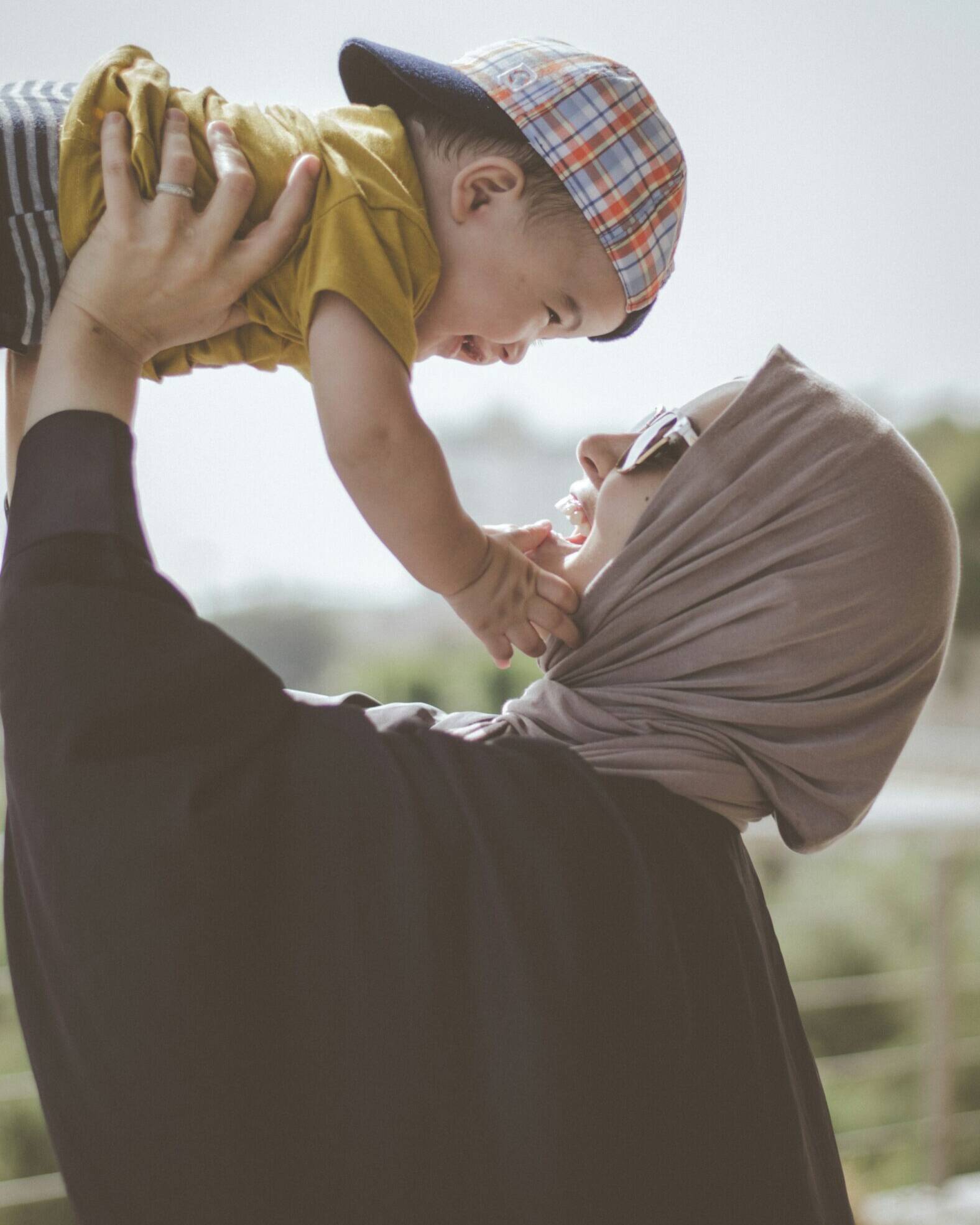Our specialist team can offer advice and representation on the areas of family law below. We offer meetings at our office, remote meetings by telephone or video conference where required.
We are located in Inner London and have easy access to the following courts:
- Royal Courts of Justice
- East London Family Court
- Central Family Court
- Edmonton Family Court
- Barnet Family Court
- West London Family Court
- Chelmsford Family Court
- Watford Family Court
Where necessary we can instruct a Barrister to represent clients at court hearings outside of London.
What is a Child Care Solicitor?
Our child care solicitors are lawyers with specialist knowledge relating to child care proceedings such as application for care orders and emergency protection orders. We use this knowledge to advise and support our clients through often complicated child care proceedings. Part of our role includes liaising with social services, other agencies and professionals and representing our clients in court.
Public Law/Care proceedings
The Public Law Outline process is the first stage in child protection matters. The social services attempt to work with parents to try and address any child welfare issues. This could avoid the social services taking the matter to court, or if they are not satisfied with the progress, then they will issue care proceedings for the court to determine the child’s future. LJC solicitors are able to assist a parent by attending and supporting them at the pre-proceeding meetings and liaise with the local authority on the proposed assessments for the parents to engage in.
This is when the local authority issues urgent proceedings to remove a child from their current residence due to concerns that the child is suffering, or is likely to suffer significant harm unless they are taken away from where they are currently placed.
If an EPO is granted, this will give the local authority parental responsibility for the children. This will allow the local authority to remove the child and accommodate them or leave the children in the place where they are being accommodated.
An EPO can be made for 8 days, but can be extended to a further seven days, so the maximum of 15 days. Before the expiration of the timeframe, the local authority will need to consider whether to return the child to their parents or initiate care proceedings.
Our solicitors are readily available at short notice to represent parents or children through their Guardian at EPO hearings.
This is when the local authority issues urgent proceedings to remove a child from their current residence due to concerns that the child is suffering, or is likely to suffer significant harm unless they are taken away from where they are currently placed.

Parent/carers with parental responsibility are automatically entitled to legal aid and will be entitled to be represented by a solicitor throughout the proceedings. Some relatives will not have automatic right to be joined as a party, but are entitled to apply to be joined to the proceedings, and the court will decide if and when they can be joined to the proceedings.
The court process should take 26 weeks from the application being made. During this period, the court will make directions for assessments to help understand the reasons why the child/children may be at risk, and what the parents can do to care for the children safely. The court may also carry out assessments on family members or friends to see if they can care for the children should the children not be able to return to their parents.
The court will hear from the social services, the parents and the children’s Guardian who are appointed to act for the children. The court will make a decision in the best interest of the children. On conclusion of the proceedings, the outcome may include your child being subject to a care order; supervision order; placement and adoption order or no order.
Our Child Care Solicitors will support you throughout the process, represent you at court hearings and provide you with specialist expertise, assist you in preparing your statement outlining your position
Parent/carers with parental responsibility are automatically entitled to legal aid and will be entitled to be represented by a solicitor throughout the proceedings. Some relatives will not have automatic right to be joined as a party, but are entitled to apply to be joined to the proceedings, and the court will decide if and when they can be joined to the proceedings.
The court process should take 26 weeks from the application being made. During this period, the court will make directions for assessments to help understand the reasons why the child/children may be at risk, and what the parents can do to care for the children safely. The court may also carry out assessments on family members or friends to see if they can care for the children should the children not be able to return to their parents.
The court will hear from the social services, the parents and the children’s Guardian who are appointed to act for the children. The court will make a decision in the best interest of the children. On conclusion of the proceedings, the outcome may include your child being subject to a care order; supervision order; placement and adoption order or no order.
Our Child Care Solicitors will support you throughout the process, represent you at court hearings and provide you with specialist expertise, assist you in preparing your statement outlining your position

Child Arrangement Orders
Where parents have separated, it is often necessary to determine with whom the child should live with (residence) and the time the child can spend with the non-resident parent (contact).
If the parents cannot agree on the arrangement for the child, initially they should attempt to resolve matters through an independent mediator. This could help to reach an amicable agreement for the best interest of the child/children .
If matters cannot be resolved amicably, an application will be made to the court for a child arrangements order .
An application can be made by a parent, grandparent or other relative to spend some time with the child. We can also assist with this application.
Where the parents do not agree with a decision related to the upbringing of the child. An application can be made to the court to issue an order prohibiting a certain action from happening without the permission of the court. This can include preventing the child/children from leaving the UK.
Where the parents/special guardian do not agree on certain decisions relating to a child, an individual can make an application to the court for the court to make a decision on the specific issue in dispute. Such issues can relate to the choice of school, health/medical treatment, religion, area where a child should live and the child’s name.
Where a parent cannot care for a child. A grandparent, relative or third party can make an application to the court for a special guardianship order. This order will appoint the individual as the main carer and will give them parental responsibility for the child
Domestic Abuse/Injunctions
Where you have experienced domestic abuse, in the form of physical, sexual financial or emotional abuse, you can contact our team, to assist you in obtaining protective orders to ensure your safety. We will explain the types of orders available to you, the steps and process in obtaining the court orders.
A Non-Molestation Order (injunction) will protect you from further abuse or contact from an abusive partner or relative.
The order can:
- Forbid a person from threatening violence, or harassing, pestering, intimidating the victim.
- Forbid the abuser from being violent to the victim or any children within their care.
- Preventing the perpetrator from attending the home or coming within a certain distance from your home.
- Also prevent a person from instructing or encouraging any other person from contacting or committing abuse to the victim.
Where an abuser lives in the same premises as the victim, An Occupation Order can be obtained to:
- Order the abuser to leave the home.
- Prevent the abuser from returning to the home or attending a certain distance from the home.
- Order the abuser to use or stay in certain parts of the home.
- Order the abuser to continue to meet their financial obligation for the home until further order.
If you have received a Non-Molestation Order against you and you wish to respond to deny the allegations, we can assist to explain the nature of the order against you and the process involved when responding to the proceedings against you.








